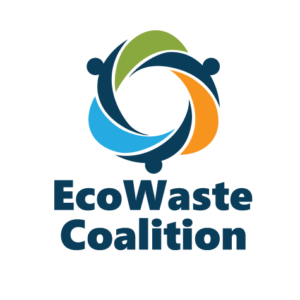Check soft plastic toys, EcoWaste Coalition alerts FDA

MANILA, Philippines — Seeking to secure children’s safety, pro-environmental group EcoWaste Coalition urged the Food and Drug Administration (FDA) to test soft balls produced with polyvinyl chloride (PVC) plastic if they contain harmful chemicals.
According to the EcoWaste Coalition, their suggestion emerged after several European governments had withdrawn several soft plastic balls containing banned or restricted chemicals from their market. Of these substances are endocrine-disrupting chemicals like phthalates and persistent organic pollutants like short-chain chlorinated paraffin, causing various health risks.
READ: Ecowaste Coalition finds high level of toxic chemical in some pet toys
EcoWaste Coalition campaigner Manny Calonzo said in a statement that the group’s market investigation frequently found similar soft PVC plastic balls unlabeled with product information sold in the local market and online shopping sites.
No FDA-issued certificates
“These unlabeled toys are sold without the FDA-issued certificates of product notification, violating the country’s toy authorization and labeling laws and regulations such as RA 9711 and RA 10620,” he said.
Citing its records from June 5 and 6, EcoWaste said it bought 32 soft plastic balls in local stores in Divisoria and Quiapo, Manila, which emitted strong, noticeable odors and were made of PVC plastics.
From these locally-sold products, a number of them were restricted in European markets for health-hazardous reasons. For instance, the spiked soft plastic ball found by EcoWaste Coalition in Quiapo was banned by the Polish government in April 2024 as it consisted of 19.5 percent dibutyl phthalate (DIDP) and 1.45 percent diisobutyl phthalate (DPB).
Moreover, inflatable balls with patterns in black, orange, yellow, and green found in Divisoria were banned by the Swedish government in 2024, containing 7.5 percent DIDP and 14 percent DPB that can cause possible harm to a child’s reproductive system.
In line with this, the group prompted the FDA to examine if locally sold soft balls are safe for children’s use, testing toys for phthalates and other regulated chemicals. —Moss R. Laygo, INQUIRER.net intern